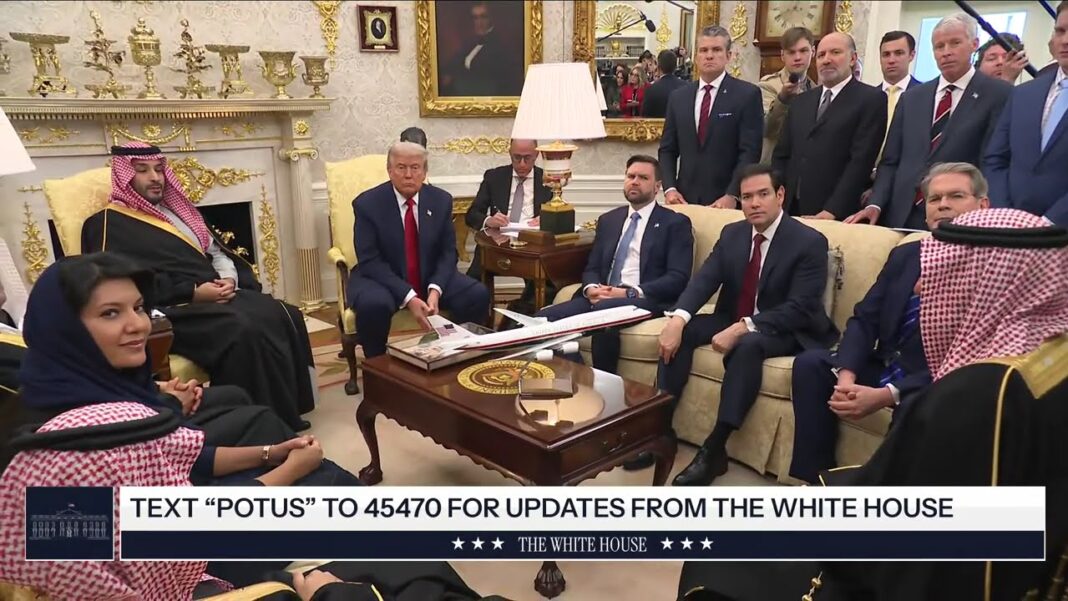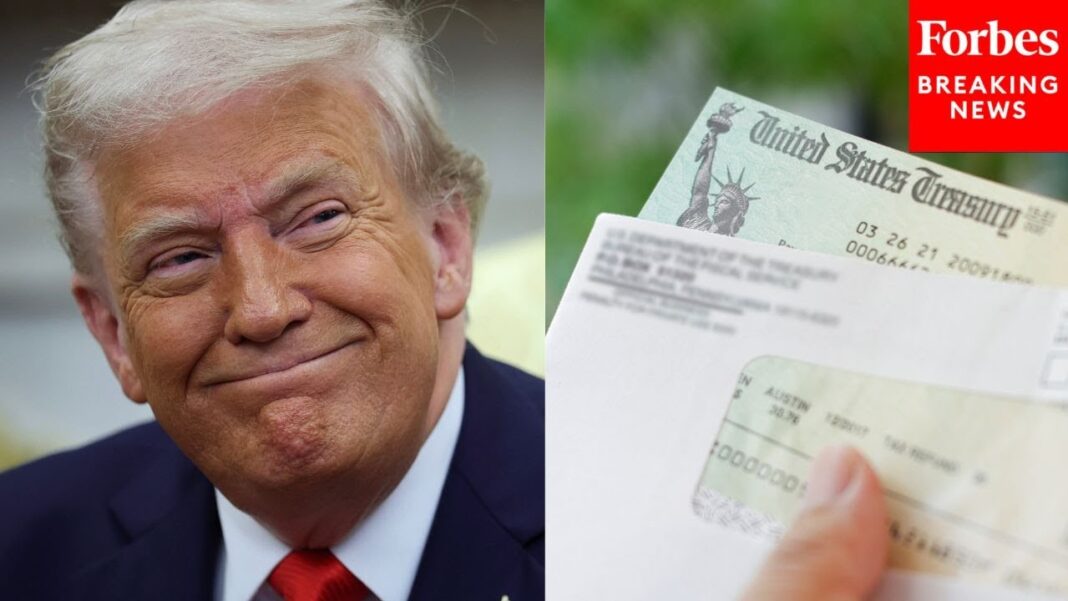Treasury Secretary said decades of offshoring left the United States short on critical manufacturing expertise, fueling demand for temporary foreign talent.
Treasury Secretary Scott Bessent says President Donald Trump envisions the H-1B visa program as a temporary pipeline for skilled foreign workers to help rebuild U.S. industrial capacity—not as a way to replace American jobs.
In an interview with Fox News’s Brian Kilmeade on Nov. 12, Bessent was asked to respond to Trump’s earlier remarks that H-1B visas are still needed because some sectors lack enough homegrown talent to meet demand. Bessent said decades of offshoring left the United States without workers trained in certain precision manufacturing specialties.
“For years—20 to 30 years—we have offshored precision manufacturing jobs, and the president’s point here is, again, we can’t snap our fingers and say, ‘You’re going to learn how to build ships overnight,’” Bessent said, mentioning planned semiconductor investments in Arizona as an example.
“I think the president’s vision here is to bring in overseas workers where these jobs went … who have the skills, three, five, seven years, to train the U.S. workers, then they can go home, the U.S. workers fully take over.”
Kilmeade noted that critics say the program gives jobs to noncitizens that Americans could otherwise hold. Bessent countered that the immediate problem is a lack of specialized know-how.
“An American can’t have that job because we haven’t built ships in the U.S. for years, we haven’t built semiconductors,” he said.
“So this idea of overseas partners coming in, teaching American workers, then returning home—that’s a home run.”
Training Americans to Fill Expertise Gap
Bessent’s explanation mirrors Trump’s comments in a separate interview with Fox News’s Laura Ingraham, in which the president defended the H-1B program while acknowledging concerns about its effect on wages.
“Well, I agree, but you also do have to bring in talent when a country. …” Trump began, before Ingraham interjected: “We have plenty of talented people here.”
“No, you don’t,” Trump replied. “You don’t have certain talents.”
Trump pointed to a recent immigration enforcement action at a South Korean-owned battery plant in Georgia, stating that the facility had relied on experts flown in to help launch production.
“In Georgia, they raided because they wanted illegal immigrants out,” Trump said.
“They had people from South Korea that make batteries all their lives. You know, making batteries [is] very complicated. It’s not an easy thing, and very dangerous.”
Some of those experts, he said, were training American workers to operate the plant.
“You can’t just say a country is coming in, going to invest $10 billion to build a plant, and going to take people off an unemployment line who haven’t worked in five years, and they’re going to start making missiles,” he said.
“It doesn’t work that way.”
By Tom Ozimek







